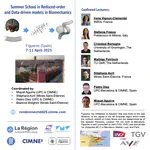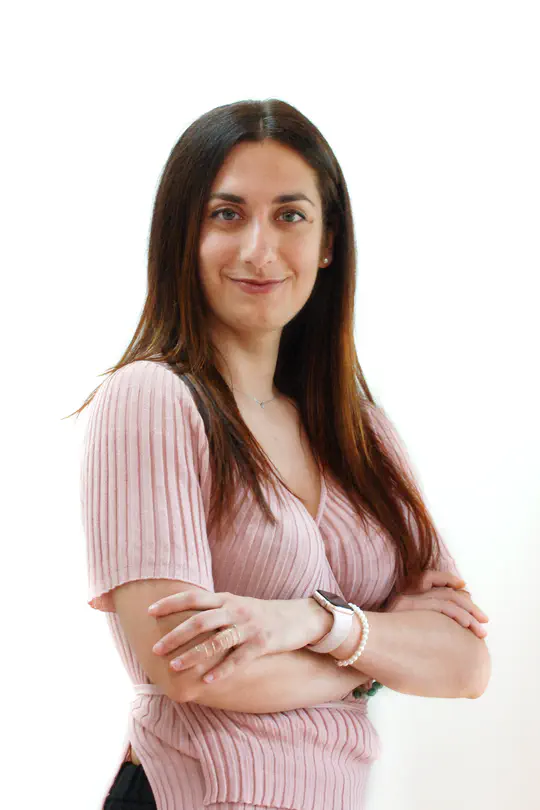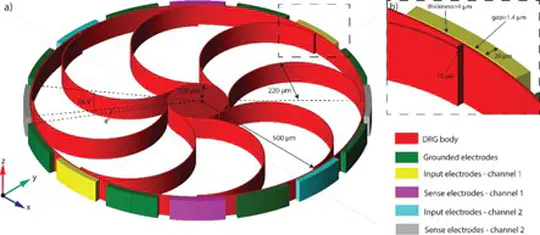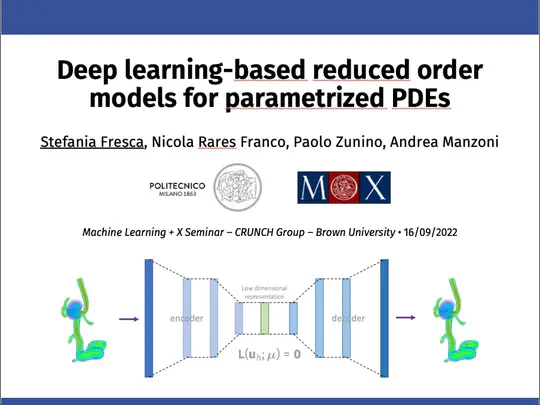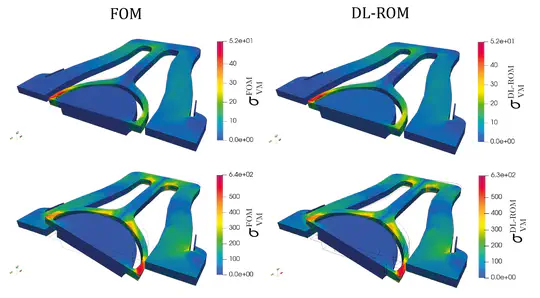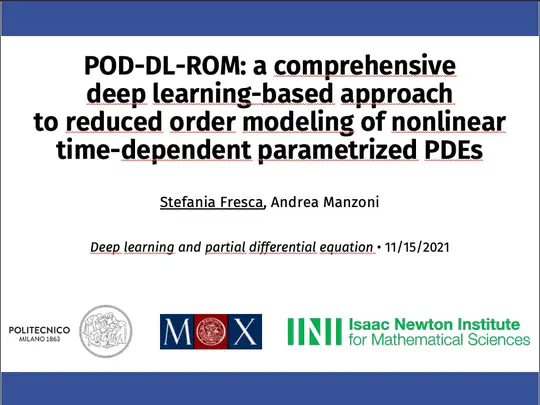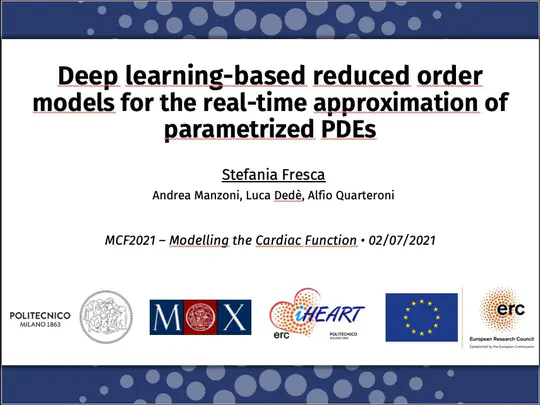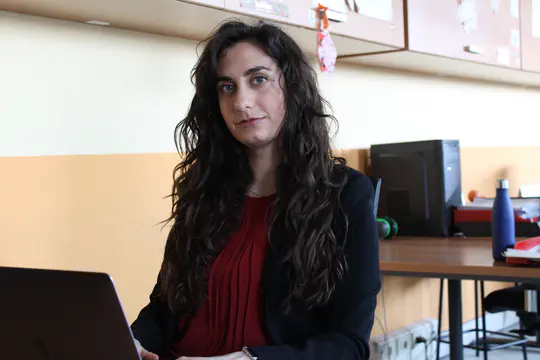Stefania Fresca
Assistant Professor
Department of Mechanical Engineering, University of Washington
Biography
Stefania Fresca is Tenure-Track Assistant Professor in Physics-based AI at the Department of Mechanical Engineering, University of Washington, Seattle. Previously, she was Junior Assistant Professor in Numerical Analysis at MOX (Laboratory for Modeling and Scientific Computing) - Department of Mathematics, Politecnico di Milano, Italy, within the Future Artificial Intelligence Research (FAIR) Project.
After carrying out her PhD in the framework of the ERC Advanced Grant Project iHEART (PI: Prof. Alfio Quarteroni) devoted to cardiac modeling, she spent two years as Post-Doctoral Research Fellow at MOX.
Her research interests and expertise include scientific machine learning, reduced order modeling (data dimensionality reduction), deep learning, digital twins, and numerical approximation of PDEs, with several applications to engineering problems.
- Scientific machine learning
- Reduced order modeling
- Numerical analysis
PhD in Mathematical Models and Methods in Engineering, 2021
Politecnico di Milano
MSc in Mathematical Engineering - Computational Science and Engineering, 2017
Politecnico di Milano - Université Pierre et Marie Curie (Sorbonne Universités)
BSc in Mathematical Engineering, 2014
Politecnico di Milano
Experience
Responsibilities include:
- Design and data modelling of a Datamart
- Data extraction activities through SQL
- Automation of Data Quality processes through Access and VBA
Publications
Upcoming Dates
Media & Communications
Contacts
Feel free to contact me!
Reach out to me with scientific opportunities and deep learning projects.
- sfresca@uw.edu
- +1 206 543 5090
- Stevens Way NE, Seattle, WA 98195
- Room 204
